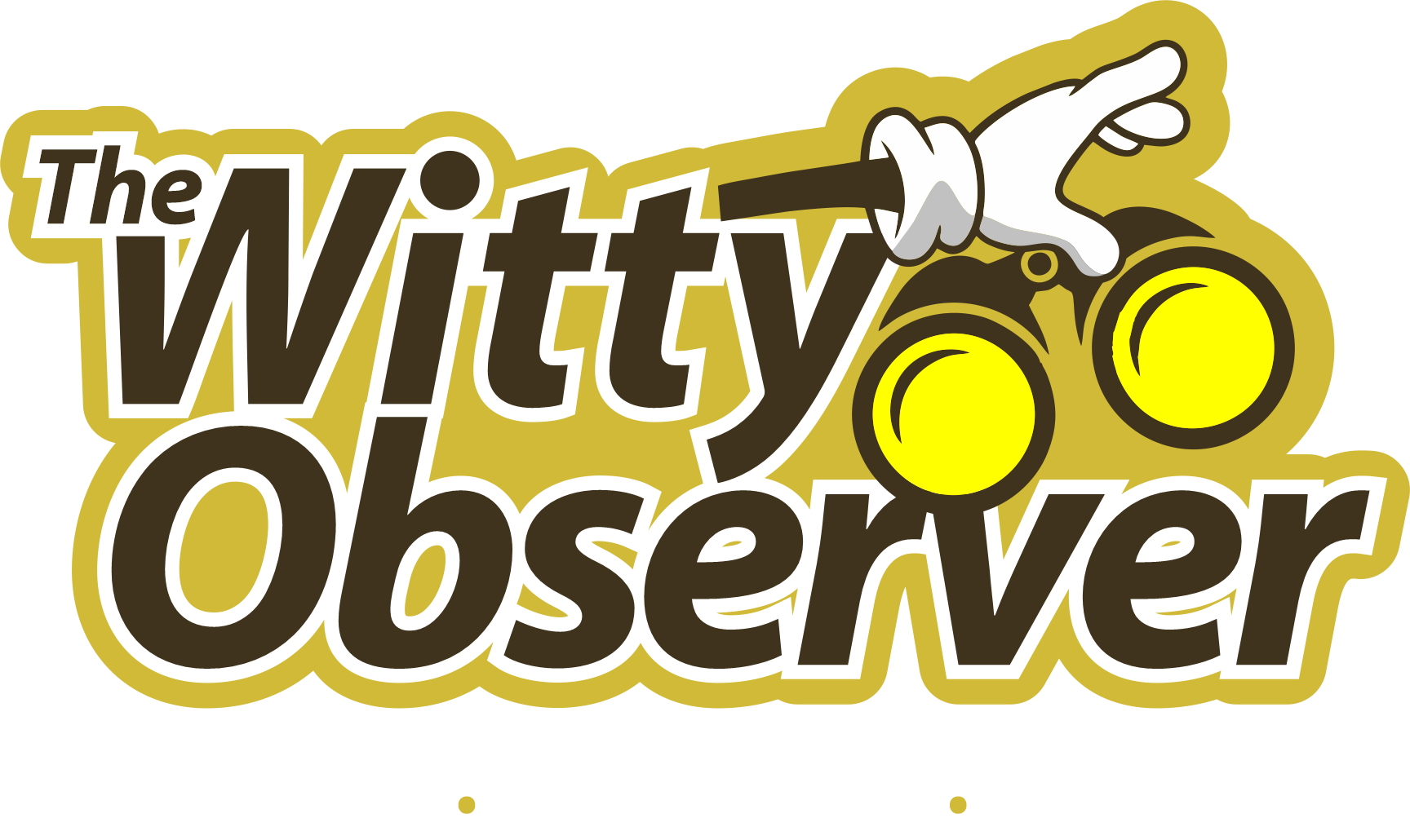In the heart of West Africa, Ghana stands as a paradox: A nation where dreams are born and hopes are shattered.
A Siren’s Call to the Diaspora Soul
I was on a 50-minute transit at Schiphol two weeks ago. I met two strangers. My first encounter was on my way to get a latte. The lady who grabbed her coffee ahead of me in the queue spun around like a ball and whispered loudly,
“You know that song?” Her smile was vast and unending as if she had found her long-lost brother.
She must have heard me humming the song.
“Welcome Home” by the band Osibisa, Yes. They ….”
She snatched my words from me like a bear drags his prey. Angela was on her way to Ghana for the first time. The young lady from California was convinced she was on her six-week pilgrimage of self-discovery and reconnection with her ancestors. As I reflected on Angela’s excitement and anticipation, it became clear that her journey symbolised the attraction to Ghana.
Unveiled: Where Roots Embrace and Reality Bites
Ghana is magnetic. From its warm hospitality, thriving arts scene and innovative tech culture. It has a vibe to it. A charm that captures traditions predating European explorers and modernity that keeps bringing them back. Indeed, it is the gateway to Africa. Like that Osibisa song, it represents embracing our roots and a sense of belonging, establishing a cultural reconnection and a universal welcome.
However, it stands out as a land of contrasts. For diasporans, it is an escape from the pressures of Western society. Yet, for many indigenous Ghanaians, the country is a crucible of an ongoing mess, with no one clever enough to solve it.
The Doorway to Africa’s Heart and Heritage
Ghana’s allure for diasporans is like a gongon-beating drum that has grown louder in recent years, echoing, “Come home, brothers, come home, sisters.”
The former Gold Coast’s historical significance as a centre of the transatlantic slave trade and its vibrant cultural expressions make it a focal point for tourists and the African diaspora.
The “Year of Return” campaign in 2019 marked the 400th anniversary of the first enslaved Africans arriving in the Americas. That period witnessed a staggering 1.1 million visitors descend upon the former Gold Coast, many seeking to reconnect with their ancestral homeland.
Ghana represents a portal to a rich cultural heritage that has been lost or diluted through generations of displacement. Its slower pace of life offers a balm for the soul. It allows you to rediscover your identity away from the West’s fast-paced, individualistic societies.
Ghana’s colonial past, marked by the slave trade and British rule, has left an indelible mark on the country’s development trajectory. The legacy of this history continues to shape Ghana’s economic, social, and political landscape. It influences the opportunities and challenges its people face today.
After Angela poured her love of Ghana on me like warm Hausa koko, I bumped into a guy with a neat afro. When I picked up the empty coffee cup, I aimed poorly at the bin. He picked it up and put it into the rubbish bin.
Hi, Im Tiger. I appreciate that, thank you.”
“I am Kofi,” he responded.
He was going to Washington, D.C., to attend a 10-day beauty care conference. It was the first time in his 29 years that he had travelled outside of Ghana. Less than three minutes into our conversation, he said something that shook me.
“I am not going back to that God-forsaken place called Ghana.”
Ghana’s Bitter Pill: The Harsh Truth for Indigenous Dwellers
The reality for indigenous Ghanaians is a far cry from this idyllic experience of the many on the pilgrimage. Despite the country’s overall economic growth, the fruits of progress are poorly distributed, leaving many Ghanaians struggling to make ends meet. Youth unemployment remains high, and the minimum wage is $1.50 daily.
Stay with me as I share this example: In less than 24 months, 10 international companies have fled the country. This trend began around 2022 when the economic conditions in Ghana became increasingly unfavourable for businesses. The challenges included a volatile currency, high inflation, increased operational costs, and astronomical taxes.

For instance, Glovo, a prominent delivery service provider, announced its departure in May 2024. After two years of operation, it cited profitability issues and a challenging business environment. Similarly, companies like Unilever Ghana relocated their tea production to Nigeria in March 2024. Jumia Foods shut down its food delivery service in December 2023. Who do you think this affects? Guys like Kofi.
But there is more. Retirees are in trouble.
Ghana’s retirees face a looming crisis. The relentless forces of inflation and currency depreciation continue to erode the value of their hard-earned pension funds. What this does is leave them vulnerable and uncertain in their golden years.
Let me use a simple analogy to explain the pension situation in Ghana. You may have tried or heard of the delicious “Waakye” dish. Imagine that the price of the ingredients keeps going up, just like the cost of living in Ghana. Even if your favourite Waakye seller tries to give you a little extra, it might not compensate for the higher prices.
That’s what’s happening with pensions in Ghana. The money people receive from their pensions is like the Waakye, and inflation is like the rising cost of ingredients. When inflation is high (around 42% in 2023), the money from pensions can’t buy as much as it used to.
So, even though the average person in Ghana receives a pension, it will not go as far as it used to. A bowl of Waakye might not be as filling as it once was. This mess affects the financial well-being of retirees. However, not everyone is willing to go down without a fight.
Therefore, many are getting scanty results by doing it the honourable way to fend for their families; others find bankable shortcuts.
Tiger’s Roar

The surest crosscut is the political arena; it’s bloody but guaranteed. For the ambitious young Ghanaian, aligning with a major political party is a lucrative path to success. Even if you lack professional experience, you only need grit, charisma or the ability to scheme. Political connections and loyalty trump merit. This path grants you access to government contracts, business opportunities, and influential social networks.
Imagine achieving your wildest dreams within four years—owning nine profitable businesses, luxurious houses in Accra, Hampstead, and a condo in Manhattan. Deep down, you know you are not that smart, but politics has unleashed your superpowers. Well, if you were, why didn’t you stick to building your business as many Ghanaian entrepreneurs have without cronyism?
As you look in the mirror, that soft voice reminds you that you are a thief. But you tell yourself, “Who remembers when I was so broke? These are the stories you tell yourself so that you can sleep at night.
Yes, you have made it. In a system that perpetuates inequality and hinders meritocracy.
The entanglement of politics and personal gain perpetuates inequality and exacerbates the deficiencies in essential public services. The consequences of this are evident in the country’s limited infrastructure and public services.
The clear and present danger
The struggle of everyday life in Ghana is further compounded by the country’s limited infrastructure and abysmal public services. Access to quality healthcare is a luxury. Less than 1.5 doctors are available per 10,000 people. The education system also faces significant challenges, with a pupil-teacher ratio of 27:1 in primary schools. The transportation sector is plagued by inadequate roads and public transit, making it difficult for people to access opportunities and services beyond their immediate communities.
These limitations in essential services contribute to a pervasive sense of frustration. Many feel trapped in a cycle of poverty. Despite these daunting challenges, Ghana’s story is not one of hopelessness.

Ghana’s Phoenix Potential: Rising from the Ashes of Adversity
Yes, Ghana’s challenges are not unique to Africa. Many countries face similar inequality, unemployment, and migration issues. Examining the strategies employed by other nations, such as investing in education, promoting entrepreneurship, and fostering regional integration, can provide valuable lessons for Ghana’s development path. Learning from the successes and failures of its peers will be essential for Ghana as it seeks to overcome its challenges and unlock its full potential.
Ghana’s story is a testament to the resilience and determination of its people, who continue to strive for a better future despite the obstacles in their path. As we reflect on the contrasting experiences of diasporans and indigenous Ghanaians, we are reminded of the importance of understanding, empathy, and solidarity in facing adversity. Ghana’s challenges may be daunting, but they are not insurmountable.
By learning from the successes and failures of other nations, investing in education, entrepreneurship, and innovation, and fostering a culture of inclusivity and meritocracy, Ghana can unlock its full potential and become a beacon of hope for Africa and the world.
In addition, many diasporans are actively working to make a positive impact in Ghana. Many bring their skills, resources, and experiences to support local communities and development initiatives.
Let us stand with Ghana on this journey and work together to build a future where every Ghanaian can thrive.




